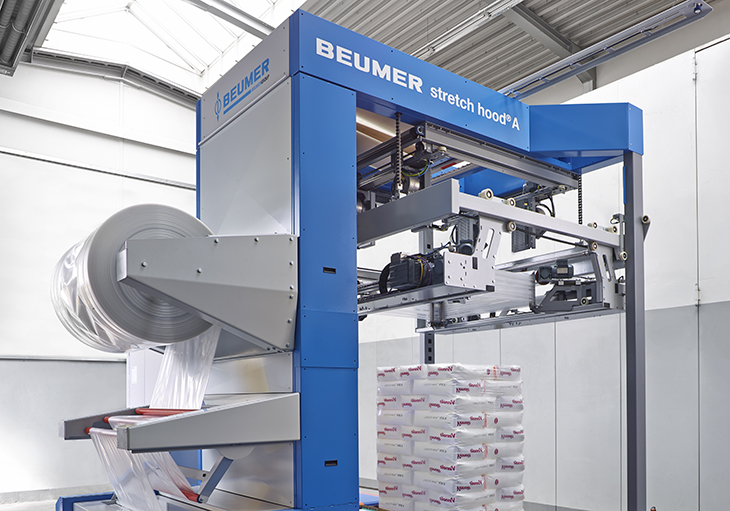The Volvo Group has made a directional decision to implement changes in the
European industrial structure for truck manufacturing. The aim is to enhance the
efficiency of manufacturing and thus strengthen competitiveness.
The intention is to, step-wise over the next two years, relocate cab trim
operations from Umeå to Gothenburg, to concentrate the assembly of heavy duty
trucks in Gothenburg to one line, and to concentrate the assembly of medium duty
trucks to Blainville. The directional decision is expected to result in staff
cutbacks and operational changes.
The action corresponds to a minor part of the financial impact of the previously
announced Group-wide efficiency program.
“Today’s European industrial structure for truck manufacturing is partly the
result of acquisitions and we now intend to use the various plants in an optimal
way”, says Olof Persson, Volvo’s President and CEO. “This will generate more
efficient truck manufacturing operations, which will improve our potential to
compete successfully in global markets”.
The plants in the European industrial system for truck manufacturing affected by
the change are the facilities in Umeå and Gothenburg in Sweden, Ghent in Belgium
and Blainville in France.
The directional decision that was made entails that the resources for truck
manufacturing in Europe will form a joint system, whereby each plant will be
more specialized and optimized for its respective area. By optimizing the
manufacturing, efficiency will increase and the manufacturing cost per truck
will decrease. To decrease manufacturing cost is one of the objectives in the
Group’s new truck strategy for the period 2013 to 2015.
Several changes
The directional decision that was made entails several changes:
· Cab trim operations will be relocated from Umeå to Gothenburg, and the plant
in Umeå will be further specialized in its main core business - sheet-metal
pressing, welding and painting of cabs.
· The assembly of heavy duty trucks in Gothenburg will be concentrated to one
line from the two lines of today. The change will free space to facilitate
better and more efficient manufacturing and logistics. The manufacturing
capacity for heavy duty trucks will be balanced with the plant in Ghent, the
total capacity of which will thereby be better utilized.
· The assembly of medium duty trucks will be concentrated to the plant in
Blainville, as one assembly line is relocated from Ghent to Blainville. The
relocation will contribute to improved logistics in Ghent while at the same time
the manufacturing of medium duty trucks is made more efficient. In Blainville,
there is already a manufacturing line for medium duty trucks, complete with cab
manufacturing and cab trim operations for both Volvo and Renault Trucks. This
change means that cabs manufactured in Blainville will no longer have to be
transported to Ghent.
Impact on staff
The directional decision includes staff cutbacks, as well as operational changes
and will be subject to trade union consultations. The changes are intended to be
made gradually over a period of two years and the number of affected employees
depends on several factors, including future manufacturing volumes and the
results of the coming trade union discussions. A total of approximately 900
individuals, where of approximately 700 in Sweden, are currently working in the
areas of the manufacturing operations that will be relocated.
The optimization of the European industrial structure for truck manufacturing is
part of the previously communicated Group-wide efficiency program. The
efficiency program includes a number of the measures that are connected to the
implementation of the strategies that were prepared for the Group’s truck
operations and business areas in 2012 and which apply for the 2013-2015 period.
Overall, the Group-wide efficiency program is estimated to incur restructuring
costs of approximately SEK 5 billion. Most of the restructuring costs are
expected to impact operating income in 2014. Annual savings are estimated at SEK
4 billion and will gradually generate results in 2014, to then achieve full
effect at year-end 2015. The optimization of the truck manufacturing in Europe
corresponds to a minor part of the financial impact of the Group-wide efficiency
program.
In the future quarterly reports, the Volvo Group will provide continuous updates
on costs that were incurred in the preceding quarter, attributable to the
comprehensive efficiency program.





















